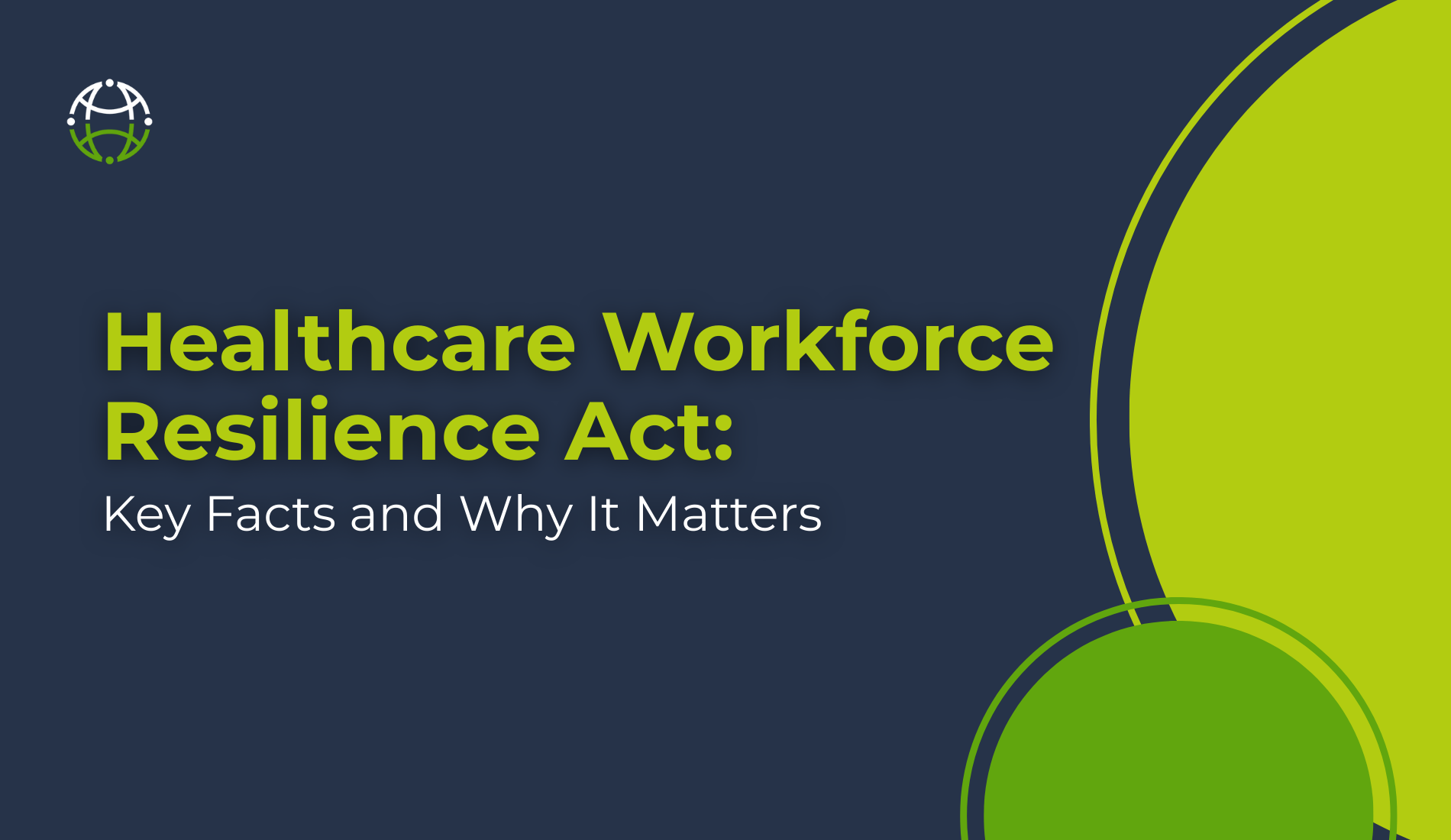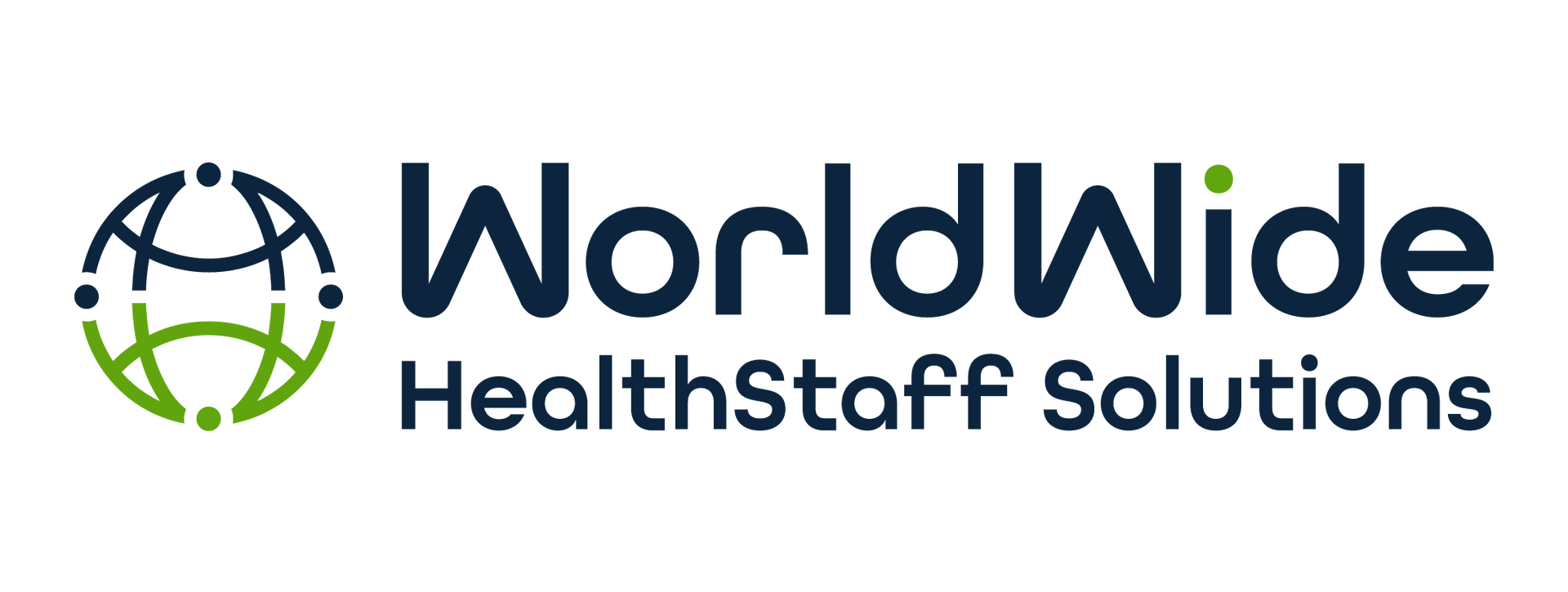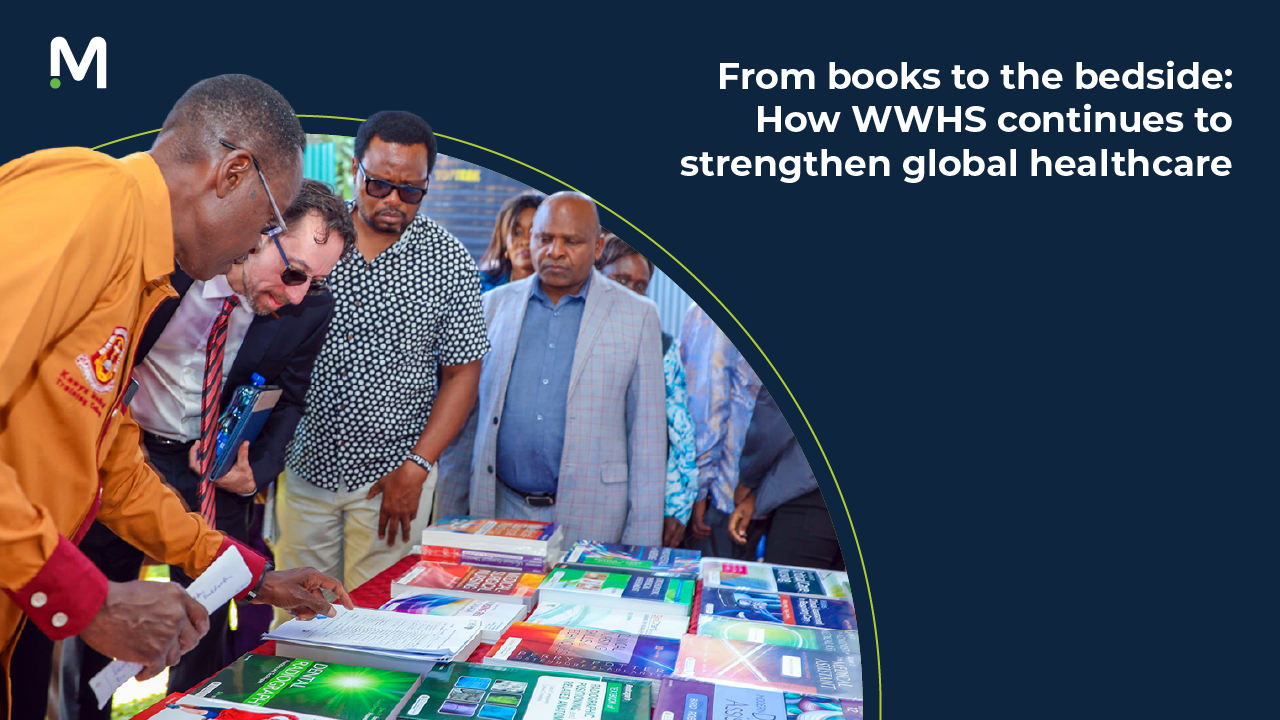Kristin Dahl • September 12, 2025
The Healthcare Workforce Resilience Act: Key Facts and Why It Matters

The U.S. healthcare system is facing a workforce crisis. The American Hospital Association projects a shortage of 100,000 critical healthcare workers by 2028. Rural communities are particularly vulnerable, with only about 30 physicians per 100,000 residents compared to 263 in urban areas. Nurses face similar gaps, with rural areas averaging 64 registered nurses per 10,000 people compared to 97 in urban areas.
For some hospitals and healthcare systems, these shortages have directly contributed to delayed care, overextended staff, and limited patient access.
What the Healthcare Workforce Resilience Act Would Do
Reintroduced by Senators Kevin Cramer (R-ND) and Dick Durbin (D-IL), the bipartisan Healthcare Workforce Resilience Act aims to ease these challenges and strengthen the healthcare workforce in the U.S. by using resources that already exist.
The bill would:
- Recapture up to 40,000 previously authorized but unused green cards (25,000 for nurses and 15,000 for physicians).
- Include family members of eligible healthcare professionals, who would be entitled to accompanying visas. These dependent visas are separate and do not count against the 25,000 nurse or 15,000 physician visas being recaptured under the bill.
- Exempt these visas from per-country caps, ensuring applicants from high-demand countries are not stuck in disproportionate backlogs.
- Require employers to attest that hiring international healthcare professionals will not displace U.S. workers but instead provide needed support.
- Mandate licensing, background checks, and filing fees to ensure only qualified, vetted professionals receive visas.
- Require expedited transfer of approved petitions between U.S. Citizenship and Immigration Services and the State Department to minimize delays.
Importantly, this legislation does not add new visas, it reallocates unused ones.
Statement from WorldWide HealthStaff Solutions
Ron Hoppe, Chief Executive Officer of WorldWide HealthStaff Solutions, shared the following statement:
Statement from Ron Hoppe, CEO of WorldWide HealthStaff Solutions:
"The Healthcare Workforce Resilience Act addresses a critical challenge we see every day at WorldWide HealthStaff Solutions: the U.S. is facing significant shortages of nurses and physicians. Many highly skilled international healthcare professionals are ready and able to help but are currently stuck in a backlog due to immigration caps. The Act would ensure these international professionals complement our U.S. teams, helping them deliver better care without replacing American staff. We fully support this effort because it would strengthen the healthcare workforce, improve access to care, and ultimately benefit communities across the country."
Why It Matters
WorldWide HealthStaff Solutions has supported healthcare organizations across the U.S. for more than two decades. The company’s impact highlights the role international recruitment already plays in meeting patient demand:
- 12,000+ nurses hired in healthcare facilities.
- 2,500+ healthcare facilities supported.
- Nurses placed across all 50 U.S. states.
“These numbers illustrate how international healthcare professionals are already helping hospitals and health systems strengthen their teams,” said Hoppe. “If passed, the Healthcare Workforce Resilience Act would expand that impact by unfreezing the backlog and allowing more qualified professionals to begin working where they are needed most — benefiting hospitals, patients, and communities alike.”
Looking Ahead
The Healthcare Workforce Resilience Act represents a bipartisan solution to one of healthcare’s most urgent challenges. By recapturing unused visas, it would allow qualified doctors and nurses to continue their careers in the U.S., support overextended healthcare teams, and help improve access to care for patients across the country.
Read the Healthcare Workforce Resilience Act here: Healthcare Workforce Resilience Act.
For questions about the bill or international direct hire nursing, please contact us here:
WorldWide HealthStaff Solutions.










